Pauwels Blog
No child should be left out
“No child should be left out.” That’s why IT consultant Filip Devry supports the non-profit organisation Alain Moloto vzw in Liedekerke. With his IT knowledge, social commitment, proactive attitude and a few old laptops, docking stations and computer monitors from Pauwels Consulting, he once again put a smile on a number of children’s faces last year. Filip doesn’t flaunt it himself, but we thought that he – and Alain Moloto vzw – deserved some attention.
Filip, you’re beaming. I have before me a happy man.
Filip: That’s right. All the publicity we can get for the non-profit organisation Alain Moloto vzw is welcome! We’re always looking for people and professionals who want to help us. That’s why I’m happy to talk about it.
Before we get to Alain Moloto vzw, can you briefly introduce yourself?
Filip: Certainly. I’m Filip Devry, IT consultant at Pauwels Consulting, and I live with my wife, son and parents-in-law in Liedekerke. My daughter has already left the proverbial nest and now has a daughter herself. I’m a happy grandfather of 53.
In the early 1990s, I entered the ICT field. It was really a booming business back then. In the 2000s I was part of a group of ICT specialists who provided support to people at home who had ordered ADSL, but couldn’t get it to work. After that, I had an IT support company as a sideline, but I stopped in 2016 because the stress and the (sometimes lost) energy outweighed the pleasure of working.
That said, I’ve always enjoyed ICT and helping people. Since I started working in ICT, I’ve continuously taught myself and been able to work through self-study. Between 1993 and 2016, I spent as much as 15 hours a day working with ICT. It was – and still is – a passion.
And then you joined Pauwels Consulting?
Filip: Yes. I’ve been working at Pauwels Consulting since 2018. I mainly focus on second- and third-line end-user support and the roll-out of new systems. If possible, I do this with a team around me. I enjoy working with colleagues and motivating them so we can achieve good results together.

Since I started working at Pauwels Consulting, I’ve rolled out Windows 10 to a number of wonderful clients such as NN, Partena and De Lijn. For 17 months now, I’ve been working for YPTO, an IT department that carries out the IT activities for SNCB.
So I’ve been with Pauwels Consulting for almost four years. How fast time flies! But if you’re happy with your employer, you don’t have to change, no matter how hard companies on LinkedIn try and convince you to change employer.
I always politely hold them off. I know what I have right now, and if you change, you can never really be sure. I hope to be able to work here until I retire.
That’s music to our ears, Filip! Can you tell us a bit more about Alain Moloto vzw in Liedekerke?
Filip: Alain Moloto vzw fights against child poverty. The non-profit organisation supports both disadvantaged children in Liedekerke and in the Congo. Within the non-profit organisation, I mainly focus on helping children in Liedekerke. We help them with homework in Dutch, in school and after class hours. This assistance is provided by retired and active teachers entirely on a voluntary basis. How nice is that?
How did you end up with Alain Moloto vzw?
Filip: That came quite naturally. The managers are French-speaking, and communication with Liedekerke’s city council and CPAS was difficult. Eventually, they ended up with me in 2019. I’ve lived in Liedekerke since 1971 and know many people here, including its politics. I also speak three languages fluently, including Dutch and French. Furthermore, I was consciously looking for ways to fight poverty. When Alain Moloto vzw also allowed me to narrow the digital gap between wealthy and less wealthy children, everything came together nicely.
I’m now a kind of liaison officer between the non-profit organisation and the local government. I also take care of their website and social media channels, and help organise dinners and other activities to boost their funds. The latter, of course, has been somewhat sidelined by Covid. We therefore had to be creative.
So I thought: many foreign-speaking and less well-off children in Liedekerke don’t have a computer. At Pauwels Consulting, we have lots of computers. Hand-me-downs that still work. Why not give those laptops a second life? This way, we kill two birds with one stone: fewer laptops go to the tip, and ‘our’ children can make good use of those laptops, especially in these Covid times where remote learning is increasingly becoming the norm. Without a computer, less well-off children will be left out and fall behind, and we can’t let that happen. They have it hard enough as it is.
How did you raise this with Pauwels Consulting?
Filip: Gee, at first I didn’t dare bother our CEO Bert about this. That’s why I contacted Melina, our new Talent Manager. I quickly found my way to Bert through her. He was immediately won over by the idea of donating ICT equipment to Alain Moloto vzw. It turns out that he supports many charities, but deliberately does so under the radar. Bert is very modest. In any case, he immediately had a number of laptops, docking stations and monitors delivered to Alain Moloto vzw, and I made sure that Windows 10 was installed. The laptops are now managed by the CPAS in Liedekerke, and the docking stations and monitors are deployed by Alain Moloto vzw in computer classes at various schools in the neighbourhood.
I think we can be a little less selfish and think more about others.
Filip Devry
What a wonderful story, Filip! I can imagine that all help is welcome. How can other people and entrepreneurs still support Alain Moloto vzw in the future?
Filip: They can always use material help. We’re mainly looking for laptops, desktops, mice, backpacks and laptop bags that are no longer needed and may be slightly damaged, but still work well. So I’d say humbly to all CEOs and IT managers: instead of throwing all this equipment away, feel free to contact me on +32 (0)475 29 97 52. I’ll make sure that the equipment is collected and reaches the children. It’s great for the children and good for the environment.
Of course, we can also always use financial help to buy things ourselves. Donations can be made to Alain Moloto vzw using the details at the bottom of this article.
Thank you, Filip. Is there anything else you’d like to share with the readers?
Filip: Well, I’ve always paid attention to people who have a harder time in our society, but it hasn’t always been easy to find the way to the right agencies to offer help. When I came into contact with Alain Moloto vzw, it immediately felt right. I think we can be a little less selfish and think more about others.
Poverty, especially among children, affects me deeply. So did the floods in Wallonia last year. Because of my work at YPTO, I travel to train stations around Belgium. If there are homeless people begging at the station, I’m always happy to put a few coins in their cup. The smiles on their faces and their gratitude are indescribable. No one chooses to become homeless, but everyone can choose to help others.
These are great words to end on, Filip. Thank you for your commitment and inspiring message!
Do you also want to support?
vzw Alain Moloto
Marie-Jeanne Moloto
0485 – 87 47 05
Manager
contact@alazin-moloto.com
https://www.alain-moloto.com/
https://www.liedekerke.be/verenigingengids/Alain%20Moloto%20vzw
BE48 0018 1308 7927 – GEBABEBB
Contact us
Do you have any questions for us? Let’s get in touch!
"(Required)" indicates required fields
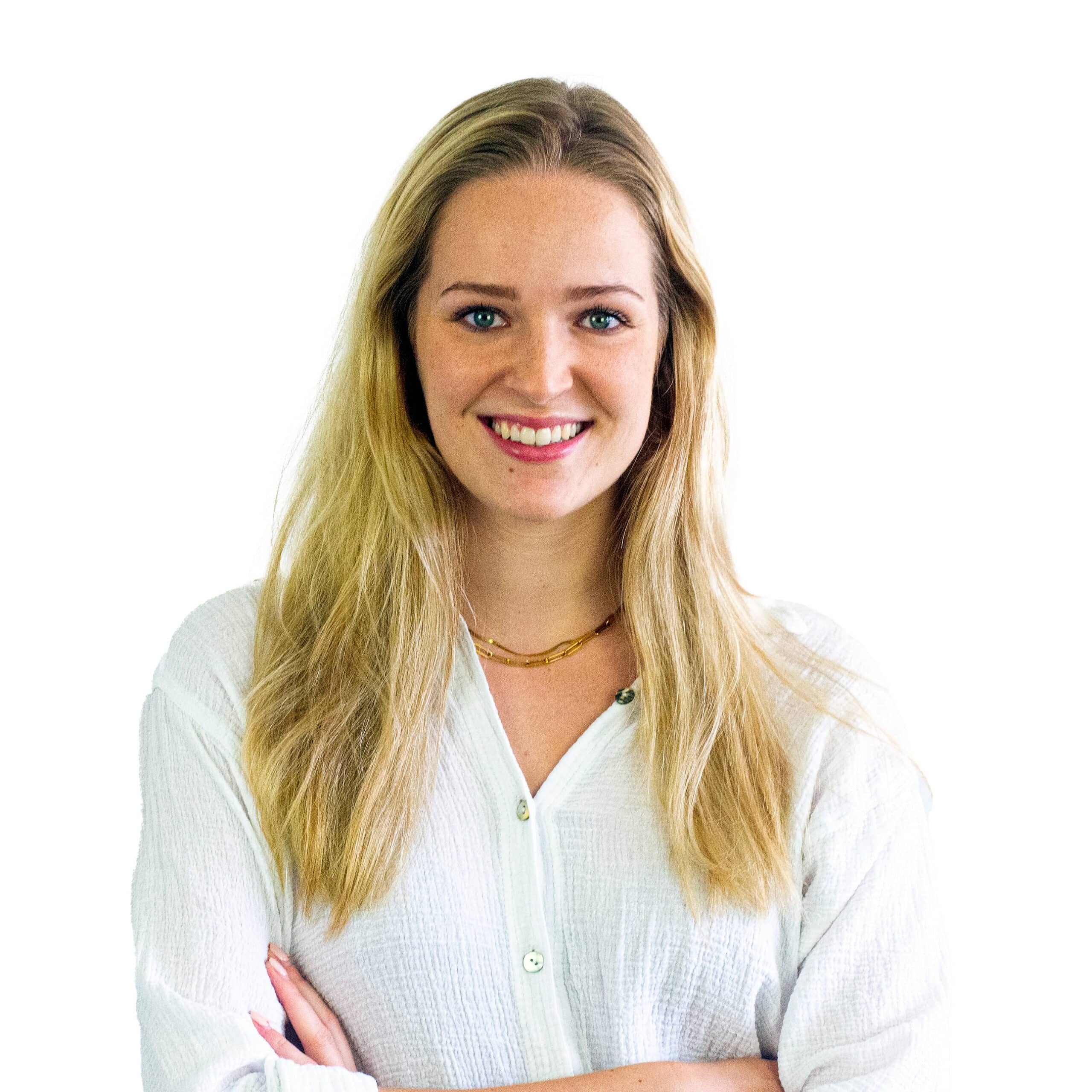

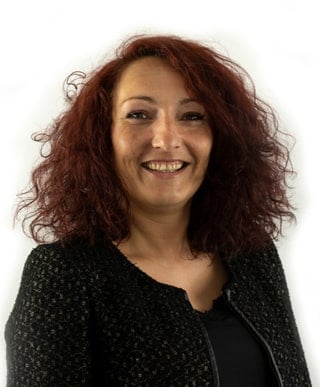
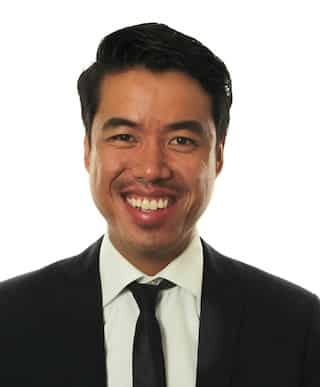
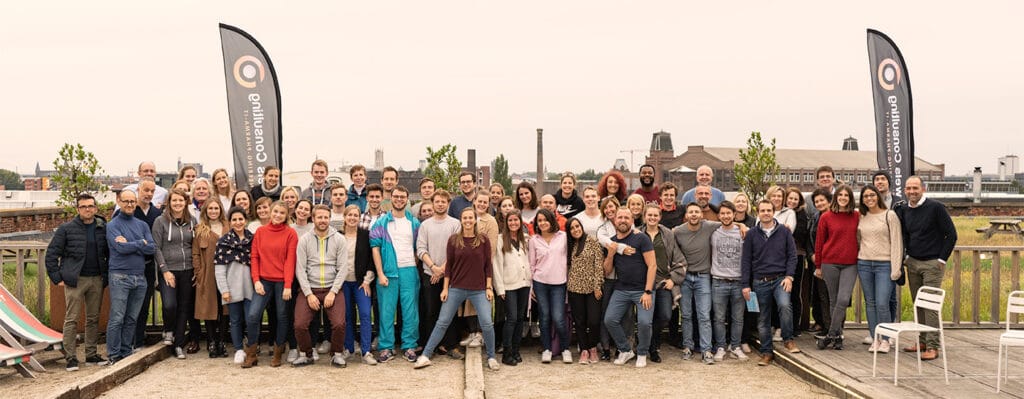
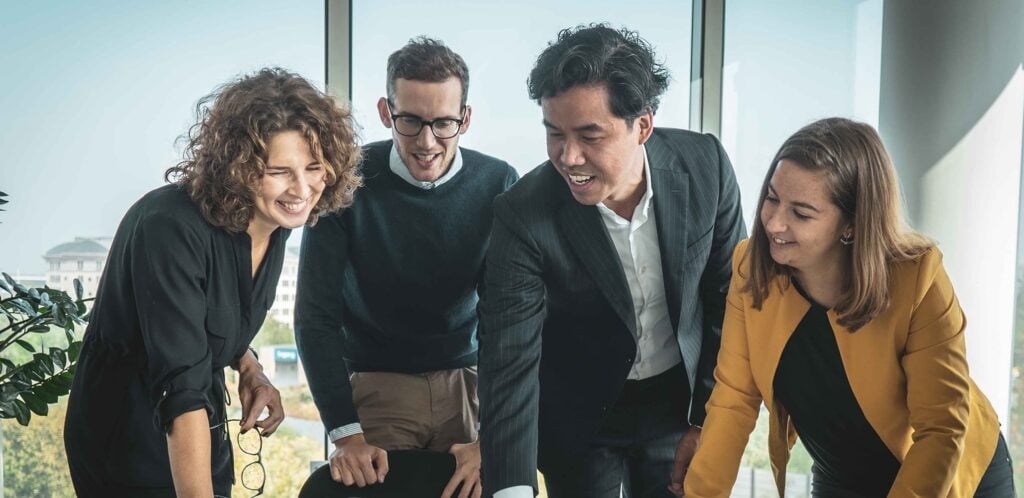





 I became acquainted with Pauwels Consulting during my projects at various pharmaceutical companies. I knew that it was a partner for strengthening a project team with people who have specific knowledge within validation, quality control and quality assurance. By now, these areas of expertise have grown. At the moment, I have been working in the pharmaceutical & biotechnological sector for about 15 years and I have already gained a lot of technical knowledge.
I became acquainted with Pauwels Consulting during my projects at various pharmaceutical companies. I knew that it was a partner for strengthening a project team with people who have specific knowledge within validation, quality control and quality assurance. By now, these areas of expertise have grown. At the moment, I have been working in the pharmaceutical & biotechnological sector for about 15 years and I have already gained a lot of technical knowledge.


 How long have you been working for Pauwels Consulting?
How long have you been working for Pauwels Consulting? What are your hobbies & interests?
What are your hobbies & interests?
 I was actively looking for a new challenge and I had applied for an open position at Pauwels Consulting. Unfortunately, this didn’t work out, but a while later, I was contacted again by the same recruiter to inform me that he had found a vacancy that suited me perfectly. And he was right: R&D Scientist at Johnson & Johnson.
I was actively looking for a new challenge and I had applied for an open position at Pauwels Consulting. Unfortunately, this didn’t work out, but a while later, I was contacted again by the same recruiter to inform me that he had found a vacancy that suited me perfectly. And he was right: R&D Scientist at Johnson & Johnson. For me, the Diabolo project was my first experience with catenary for train traffic of the NMBS/SNCB. At the time, several important civil works were already completed, such as the tunnels that were situated below the airport, the bed on the central reservation of the E19 motorway between Mechelen and Brussels and the railway bridge of the central reservation towards the train station of Mechelen. This was an important connection in which the station below the airport wasn’t necessarily a stopover station anymore, but where traffic could pass continuously.
For me, the Diabolo project was my first experience with catenary for train traffic of the NMBS/SNCB. At the time, several important civil works were already completed, such as the tunnels that were situated below the airport, the bed on the central reservation of the E19 motorway between Mechelen and Brussels and the railway bridge of the central reservation towards the train station of Mechelen. This was an important connection in which the station below the airport wasn’t necessarily a stopover station anymore, but where traffic could pass continuously. After another follow-up project and interim experience with German teams in support of the execution of a project for Omexom France, I got a taste of projects abroad. After completing a renovation project in Belgium, it was clear that I did not shy away from foreign projects.
After another follow-up project and interim experience with German teams in support of the execution of a project for Omexom France, I got a taste of projects abroad. After completing a renovation project in Belgium, it was clear that I did not shy away from foreign projects.